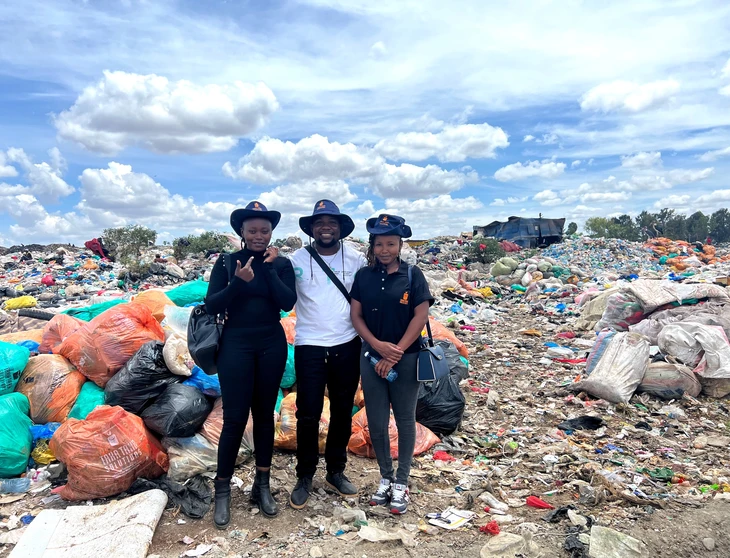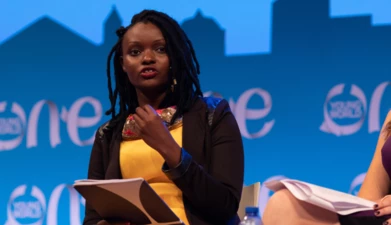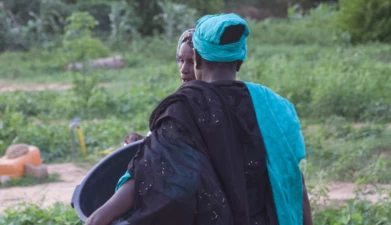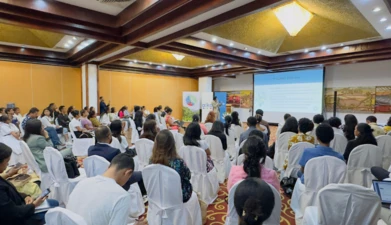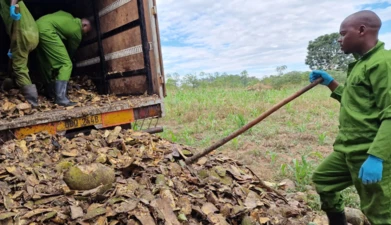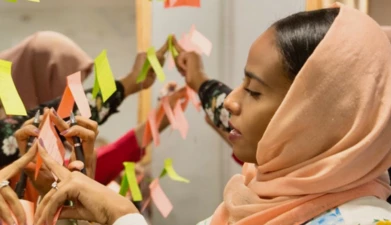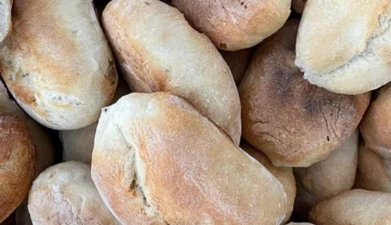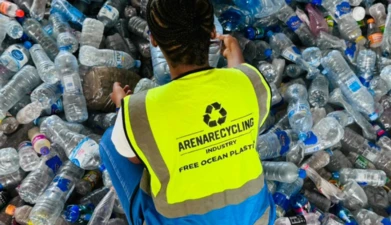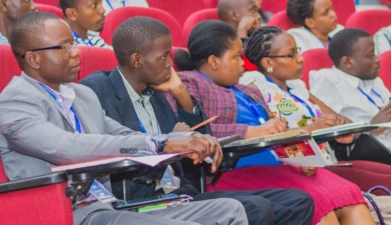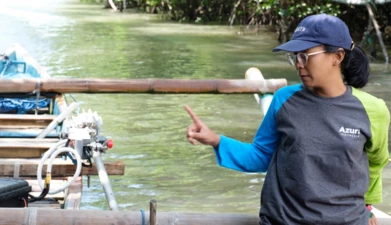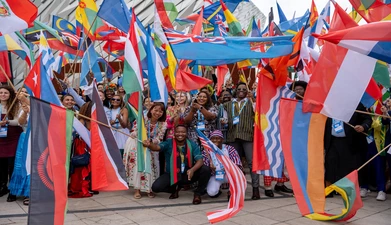Measuring Ambassador Action
Impact generated by the Community towards all 17 SDGs in every country in the world, and from every sector, is demonstrated by the quantified impact of Ambassador-led initiatives.
For every $1 of value invested, One Young World Ambassadors deliver $16 of social value, based on a Social Return on Investment analysis of 43 Ambassador-led initiatives addressing the 17 Sustainable Development Goals in 2024/25.
Find local changemakers
Whether you’re a journalist, researcher, activist or entrepreneur, there is someone in our community making a positive difference in your area of interest. We’ve made it easy for you to find out exactly what our Ambassadors are doing to achieve the UN Sustainable Development Goals (UN SDGs) near you.
This is an excellent way to find opportunities to offer your support to meaningful causes through volunteering, donations or promoting on your channels.
Search our database of over 430 One Young World Ambassadors leading impactful projects around the world.
Learn about our impact
Help us make a bigger impact
If you want to join our community, partner with us, or help young leaders make a bigger impact then get in touch with us.
